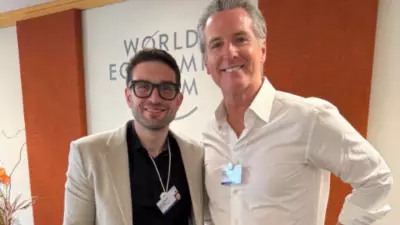
Renowned author Khaled Hosseini, celebrated for his masterpiece The Kite Runner, has delivered a stark assessment of Afghanistan's political landscape, stating that the establishment of a Western-style democracy in the country remains nothing more than a "dream."
In his poignant analysis, Hosseini suggests that Afghanistan's complex socio-political fabric, combined with its turbulent history, makes the implementation of Western democratic models fundamentally incompatible with the nation's reality.
The Cultural Divide in Governance
Hosseini emphasizes that democratic systems cannot be simply transplanted from one culture to another without considering deep-rooted historical and social contexts. "The idea that you can drop a fully formed Western-style democracy into a country like Afghanistan and have it take root is unrealistic," the author contends.
The Afghan-American novelist points to the country's unique tribal structures, traditional power dynamics, and centuries-old governance patterns that have shaped how authority is perceived and exercised across different regions.
Historical Patterns and Present Realities
Drawing from Afghanistan's recent history, Hosseini observes that attempts to impose external political systems have consistently faced resistance and ultimate failure. The return of Taliban rule following the withdrawal of Western forces serves as a stark reminder of these enduring patterns.
The author's perspective carries significant weight, given his deep understanding of Afghan society and his ability to articulate the human stories behind political headlines. His novels have provided millions of readers worldwide with intimate insights into the Afghan experience.
Alternative Pathways Forward
While dismissing Western democracy as impractical for current Afghanistan, Hosseini doesn't abandon hope for the nation's future. He suggests that sustainable governance must emerge organically from within, respecting local traditions while gradually incorporating democratic principles that align with Afghan values.
The author's comments come at a critical juncture in Afghanistan's history, as the international community grapples with how to engage with the Taliban government while supporting the Afghan people's basic rights and needs.
Hosseini's sobering assessment serves as a crucial reminder that political solutions must be context-specific and culturally sensitive rather than universally applied templates.





